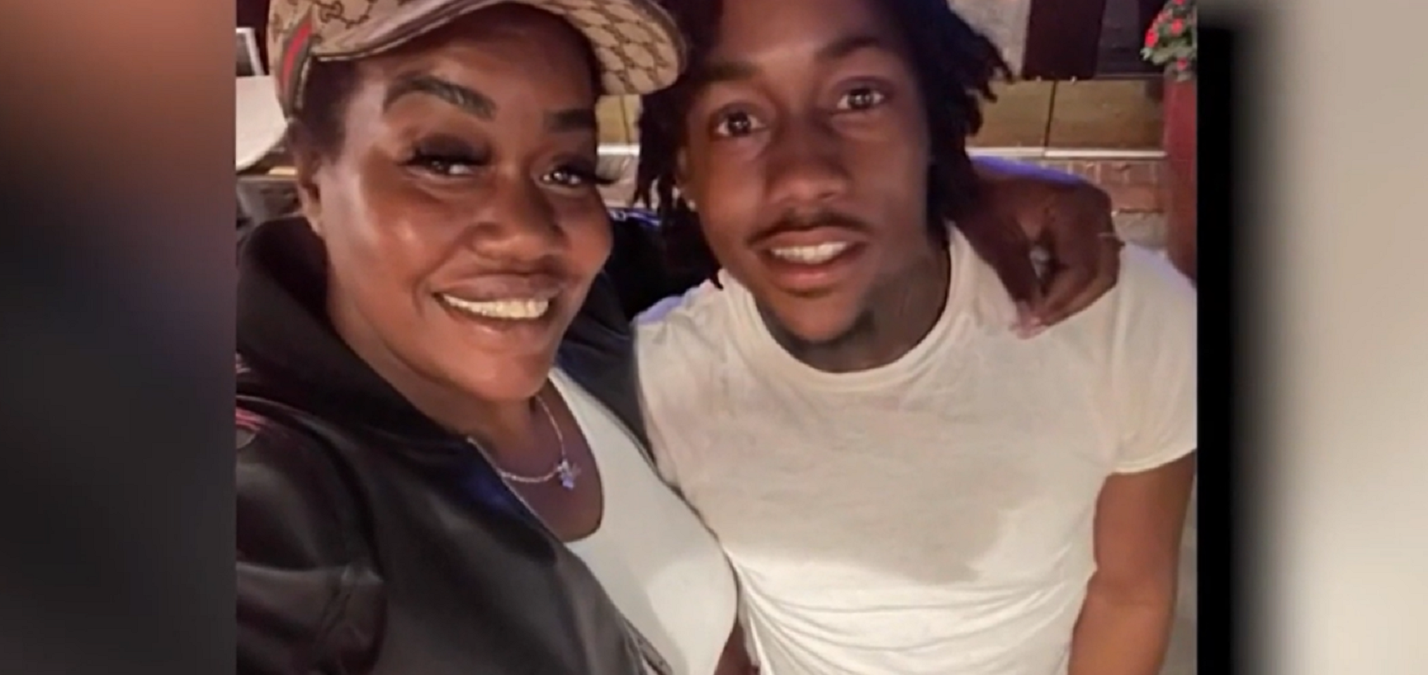Tresa Razaaq is a single mother of four, and says she was caught off-guard when she received a call and a letter from the Department of Family and Children Services after she was late to pick up her children from school.
Razaaq is the first to admit she's been late to pick up two of her children from Irvin Mollison Elementary School "in total, maybe four times," but says she was stunned when she received the correspondence from the child welfare agency.
According to the letter, she says she was being investigated for child neglect because she was late to pick up her kids.
“My daughter rushed to the car and she’s like, ‘mommy DCFS came to the school, and the lady made it sound like we weren’t going to come home with you today,'" she said.
Feeling out of the loop? We'll catch you up on the Chicago news you need to know. Sign up for the weekly Chicago Catch-Up newsletter here.
Calling DCFS is part of Chicago Public Schools' “Stranded Student” policy, according to a note sent out to parents in this week’s newsletter from the principal at Mollison Elementary.
It states that the principal or the principal’s designee will remain with the student until the student is picked up. The school staff will make at least two attempts to the call the parent or guardian, and if no one has answered or picked up the child by 4:30, DCFS will be called to report child neglect.
“It’s more than aggressive, it’s harmful,” said Cathy Dale, a community representative for Mollison’s local school council.
Local
Dale is fighting the policy by starting a petition to change it. She acknowledges some sort of policy has to be in place but said the current one is unacceptable.
In a statement to NBC 5, Chicago Public Schools said:
"Chicago Public Schools (CPS) has policies in place that are intended to keep students supervised and safe. The policy is meant to ensure student safety when a school has exhausted efforts to contact an adult to come and pick up the student. The District will review the matter."
Dale says that parents want to be involved in drafting the policy.
"Bring the parents together. Have a townhall, talk about it, and say 'what do we want to do? What do other schools do?,'" she asked.
Parents say they plan to attend the next CPS Board of Education meeting, in hopes of airing their concerns and establishing changes to be made to the policy.



